What Happens in Oedipus at Colonus?
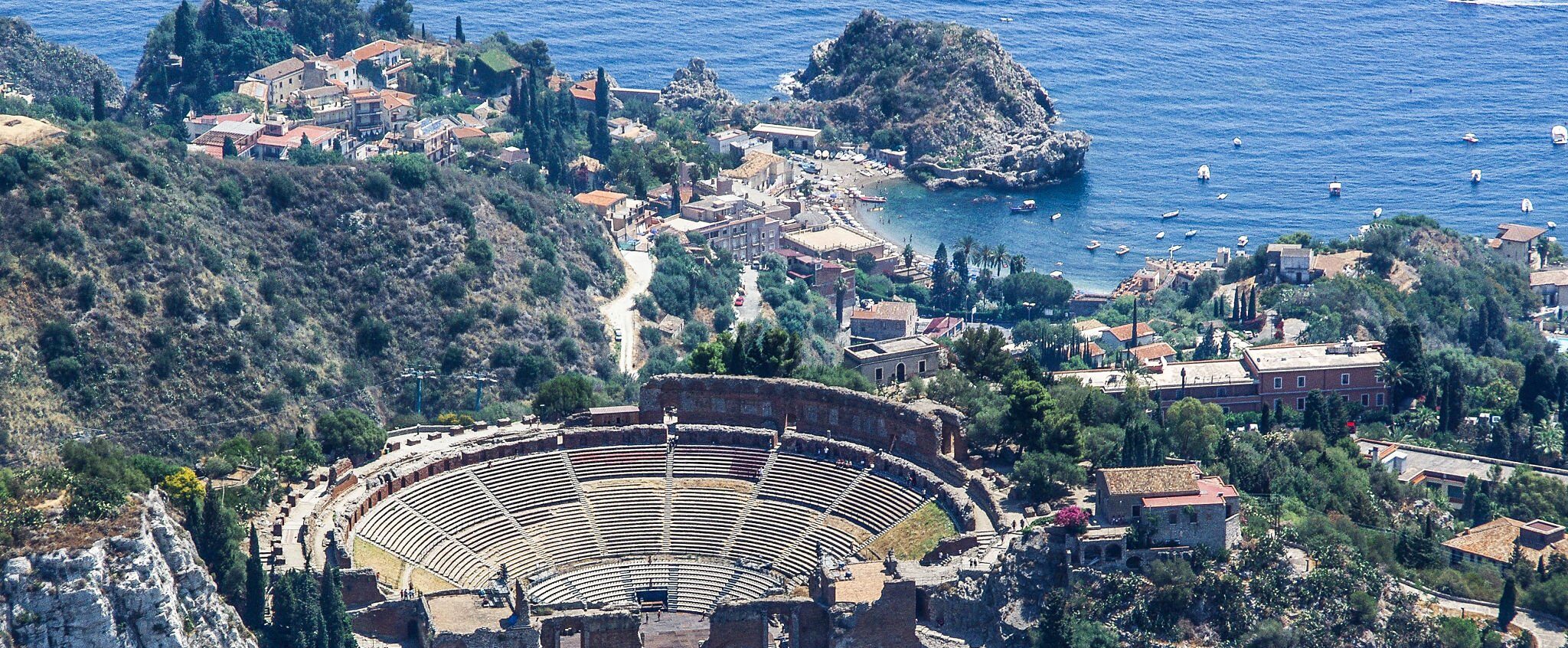
Sophocles’ Oedipus at Colonus is a poignant and profound exploration of the final stages of the hero’s journey, the process of individuation, and the achievement of wisdom and redemption after a life of suffering. Through the aged Oedipus’ final wanderings and his mysterious death at Colonus, the play illuminates the archetypal process of the integration of the self and the attainment of a higher understanding.
Summary of Oedipus at Colonus
Oedipus at Colonus picks up many years after the events of Oedipus Rex. Oedipus, now a blind old man, has been wandering in exile, accompanied by his faithful daughter Antigone. They arrive at Colonus, a village near Athens, where it has been prophesied that Oedipus will find his final resting place.
Oedipus is met by Theseus, king of Athens, who offers him protection. Meanwhile, Oedipus’ sons, Eteocles and Polynices, are battling for control of Thebes. Both seek Oedipus’ support, believing his blessing will ensure victory. But Oedipus, embittered by their earlier mistreatment of him, curses them both.
As the play nears its end, Oedipus senses his impending death. In a mysterious and sacred ritual, he walks alone into a grove, vanishing from mortal sight. The play ends with the revelation that Oedipus’ grave will be a source of blessing and protection for Athens.
Archetypal Figures in Oedipus at Colonus
Oedipus: The Wise Old Man
In Oedipus at Colonus, Oedipus has undergone a profound transformation from the brash, confident king of Oedipus Rex. He is now the embodiment of the Wise Old Man archetype – a figure of profound insight and understanding, tempered by suffering and self-knowledge.
Oedipus’ physical blindness has become a symbol of his inner sight, his hard-won wisdom. He is no longer the proud hero, but a humble and enlightened figure, accepting of his fate and his role in the larger scheme of things.
Antigone: The Devoted Daughter
Antigone, who has accompanied her father in his wanderings, represents the archetype of the Devoted Daughter. She embodies the qualities of loyalty, compassion, and self-sacrifice.
In Jungian terms, Antigone can be seen as the positive anima figure – the inner feminine guide who helps the hero on his journey of individuation. Her presence is a constant reminder of the importance of human connection and the power of love in the face of suffering.
Theseus: The Just King
Theseus, the king of Athens who offers Oedipus protection, embodies the archetype of the Just King. He represents the qualities of wisdom, compassion, and fair judgment.
In contrast to the power-hungry and divisive rule of Oedipus’ sons, Theseus represents a higher form of leadership – one based on wisdom, empathy, and a respect for the sacred and the divine.
Themes and Psychological Insights
The Final Stage of Individuation
Oedipus at Colonus can be seen as a profound exploration of the final stages of the individuation process – the psychological journey towards wholeness and self-realization.
Oedipus, having confronted his shadow self in Oedipus Rex, now emerges as a transformed figure – the Wise Old Man who has integrated the conscious and unconscious aspects of his psyche. His wanderings and sufferings have led him to a place of profound understanding and acceptance.
The Wisdom of Suffering
A central theme of the play is the transformative power of suffering. Oedipus’ trials and tribulations – his loss of kingship, his self-blinding, his years of wandering – have not been in vain. They have been the necessary crucible for his transformation, burning away his pride and self-delusion and leaving behind the pure gold of wisdom.
This reflects the Jungian idea that it is often through the greatest challenges and the darkest nights of the soul that we achieve the greatest growth and transformation.
The Sacred and the Numinous
Oedipus at Colonus is suffused with a sense of the sacred and the numinous – the presence of the divine and the mysterium tremendum. Oedipus’ final journey and his mysterious death at Colonus take on a mythic, almost mystical quality.
This reflects the idea in depth psychology of the religious function of the psyche – the innate human capacity for awe, reverence, and the experience of the transcendent. Oedipus’ journey is not just a personal one, but a sacred one – a journey into the heart of the divine mystery.
The Blessing of the Wound
In a profound paradox, Oedipus’ grave – the final resting place of the man who embodied the deepest taboo and the most tragic of fates – becomes a source of blessing and protection for Athens.
This reflects the depth psychological understanding that it is often our deepest wounds, our greatest sufferings, that hold the key to our unique gifts and our ability to serve the world. Oedipus’ suffering has transformed him into a sacred figure, a source of wisdom and blessing for future generations.
The Resolution of Opposites
On a symbolic level, Oedipus at Colonus can be seen as a resolution of opposites – a reconciliation of the conflicting forces and dualities that have driven Oedipus’ life.
Oedipus, once the proud king, is now the humble wanderer. The man who once sought to escape his fate now accepts it fully. The son who once fled his father’s city now becomes its protector. In his final transformation, Oedipus transcends these dualities, achieving a higher unity and wholeness.
Read Abut Other Classical Greek Plays and Their Influence on Depth Psychology
Iphigenia in Aulis


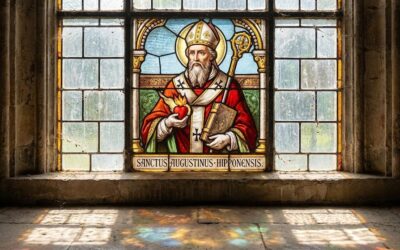
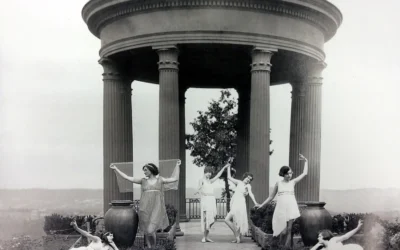







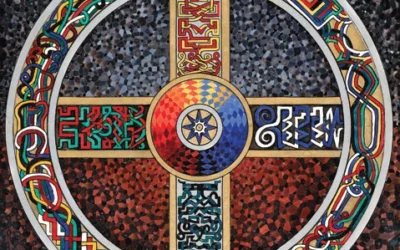
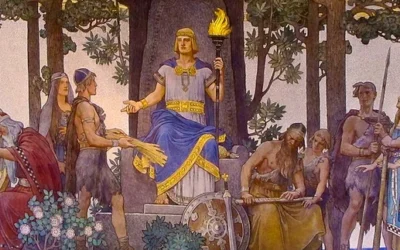
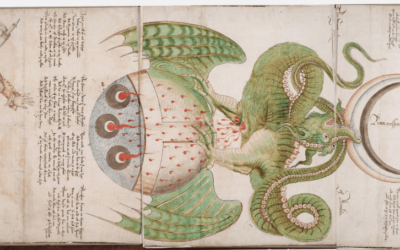
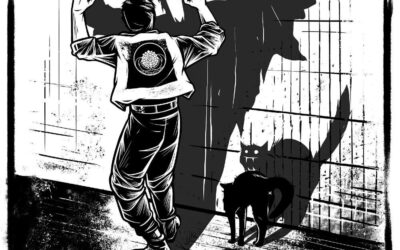

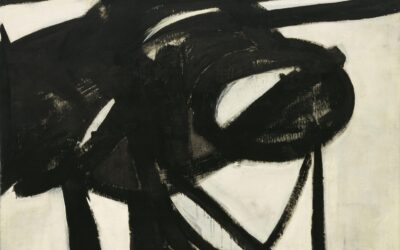

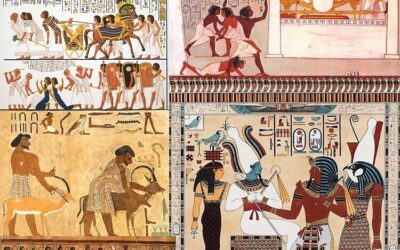
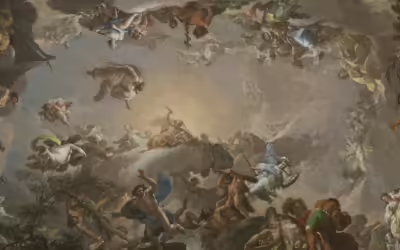

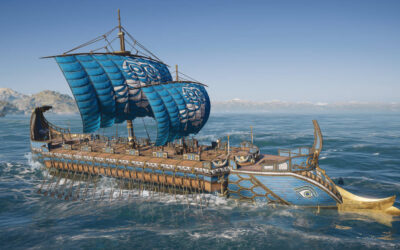

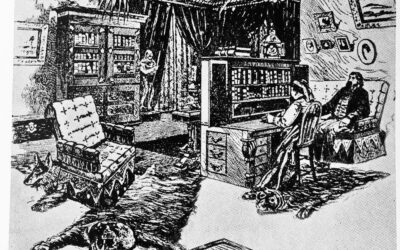
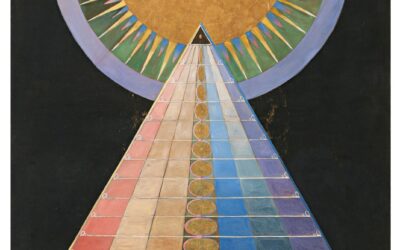
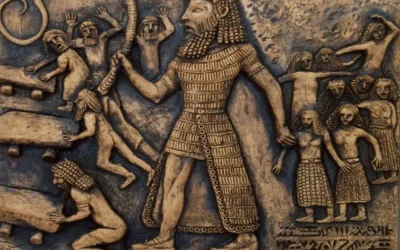
0 Comments